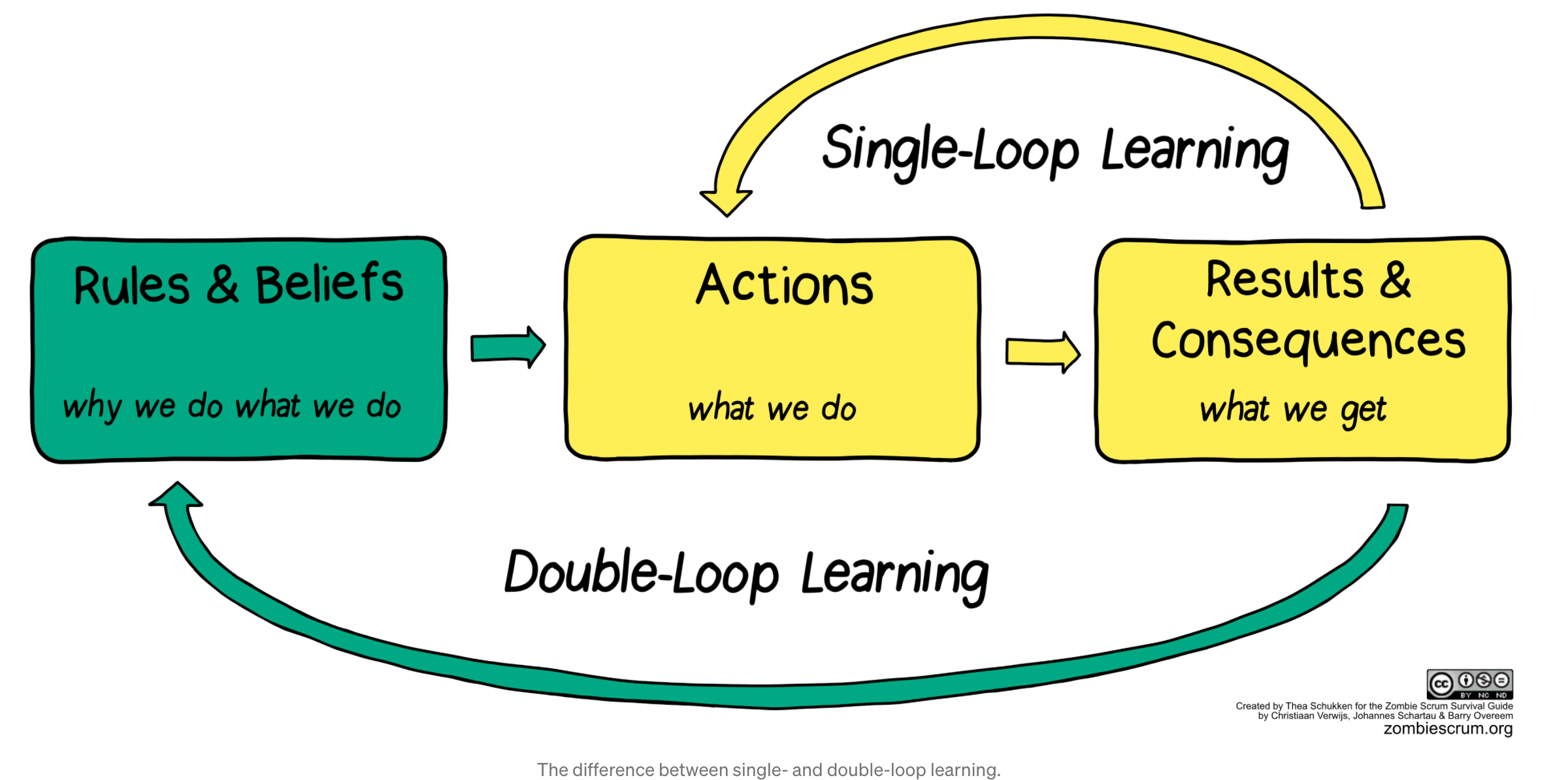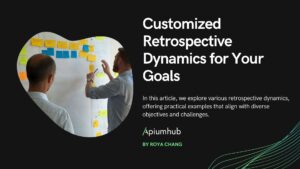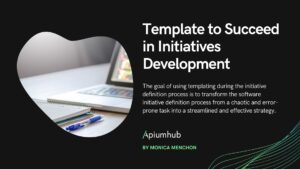Table of Contents
Even well-educated people can struggle to learn from experience. We all know people who have been in the same company for 10 years and claim to have 10 years of experience, but they really have one year repeated 10 times as they were doing the same things year after year. Not learning can actually make you worse off. The world is dynamic and always changing. If you’re standing still, then you won’t adapt. Forget moving ahead; you have to get better just to stay in the same relative spot, and not getting better means you’re falling behind. Many of us are so focused on solving problems as they arise that we don’t take the time to reflect on them after we’ve dealt with them, and this omission dramatically limits our ability to learn from the experiences. Also, reflecting on our processes is painful and we’re predisposed to avoid pain and protect our egos. Therefore today, I would like to talk about double loop learning retrospectives that make a difference.
What is double loop learning?
Double-loop learning is an educational concept and process that involves teaching people to think more deeply about their own assumptions and beliefs. It was created by Chris Argyris, a leading organizational trainer, in the mid-1980’s, and developed over the next decade into an effective tool. Double-loop learning is different from single-loop learning which involves changing methods and improving efficiency to obtain established objectives.
Double-loop learning recognises that the way a problem is defined and solved can be a source of the problem. This type of learning can drive creativity and innovation. Double-loop learning is a behavioral learning that changes the governing variables (values, norms, goals).
Behavioral double-loop learning requires at least three stages:
1.Discovering how current values and frames contribute to ineffective behavior and identifying alternative values and frames that could lead to more effective behavior.
- Developing the skill necessary to produce the new behavior in actual situations.
- Integrating the new behavior, as informed by new values and frames, into group norms and relationships so that it becomes the new normal.
Double-Loop Learning helps people acquire and integrate new information and develop new skills, to question and possibly discard familiar and perhaps dysfunctional ways of thinking, feeling, and acting.
Double-loop learning is important in particular for complex work where teams have to constantly challenge not only how they do the work, but also why.

It is important to develop a growth mindset. A team with a growth mindset believes they can change, learn, and develop their skills and abilities. Also, it is critical to raise concerns to dig deep into the root cause.
Double loop learning retrospectives
Teams may need a little help to make the transition into the double loop learning. There are some questions that help teams surface assumptions and test them following double loop learning retrospectives practice:
- What has changed in our environment over the last few months? If we knew that was going to happen, what might we have done differently? What can we do with that information now?
- If we got to start everything again from scratch, what would we do?
- When does a particular action make sense?
- When a particular action can be harmful?
- What do we know to be proven to work well? How do we know that?
- What do we assume is true? Can we confirm that?
- If I saw another team doing what we are doing, what would I think?
- What are our values?
- What challenges are we facing right now?
- How could we improve the process?
- If we were missing something at the moment, what would it be?
- What changes should we implement in the future?
- What assumptions are we making about our work and our team? How might those be impacting how we act?
I hope you found this article about double loop learning retrospectives useful and if you need any help with project management, let us know, we have product owners with technical backgrounds!
Author
-
Ekaterina Novoseltseva is an experienced CMO and Board Director. Professor in prestigious Business Schools in Barcelona. Teaching about digital business design. Right now Ekaterina is a CMO at Apiumhub - software development hub based in Barcelona and organiser of Global Software Architecture Summit. Ekaterina is proud of having done software projects for companies like Tous, Inditex, Mango, Etnia, Adidas and many others. Ekaterina was taking active part in the Apiumhub office opening in Paseo de Gracia and in helping companies like Bitpanda open their tech hubs in Barcelona.
View all posts





